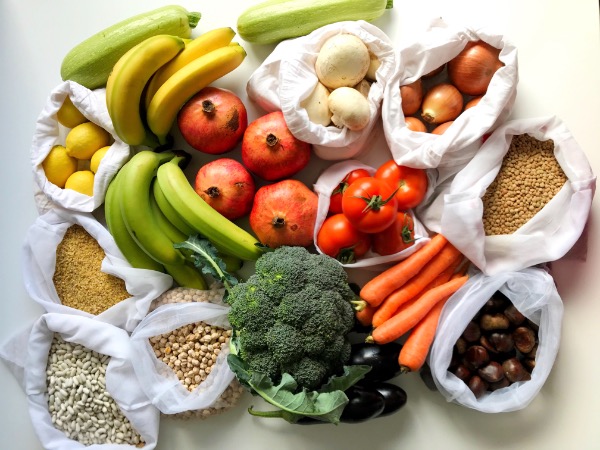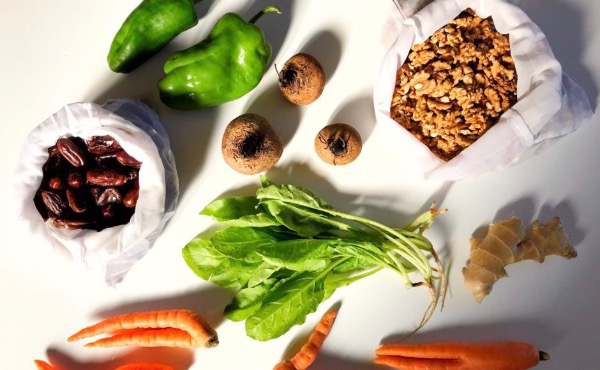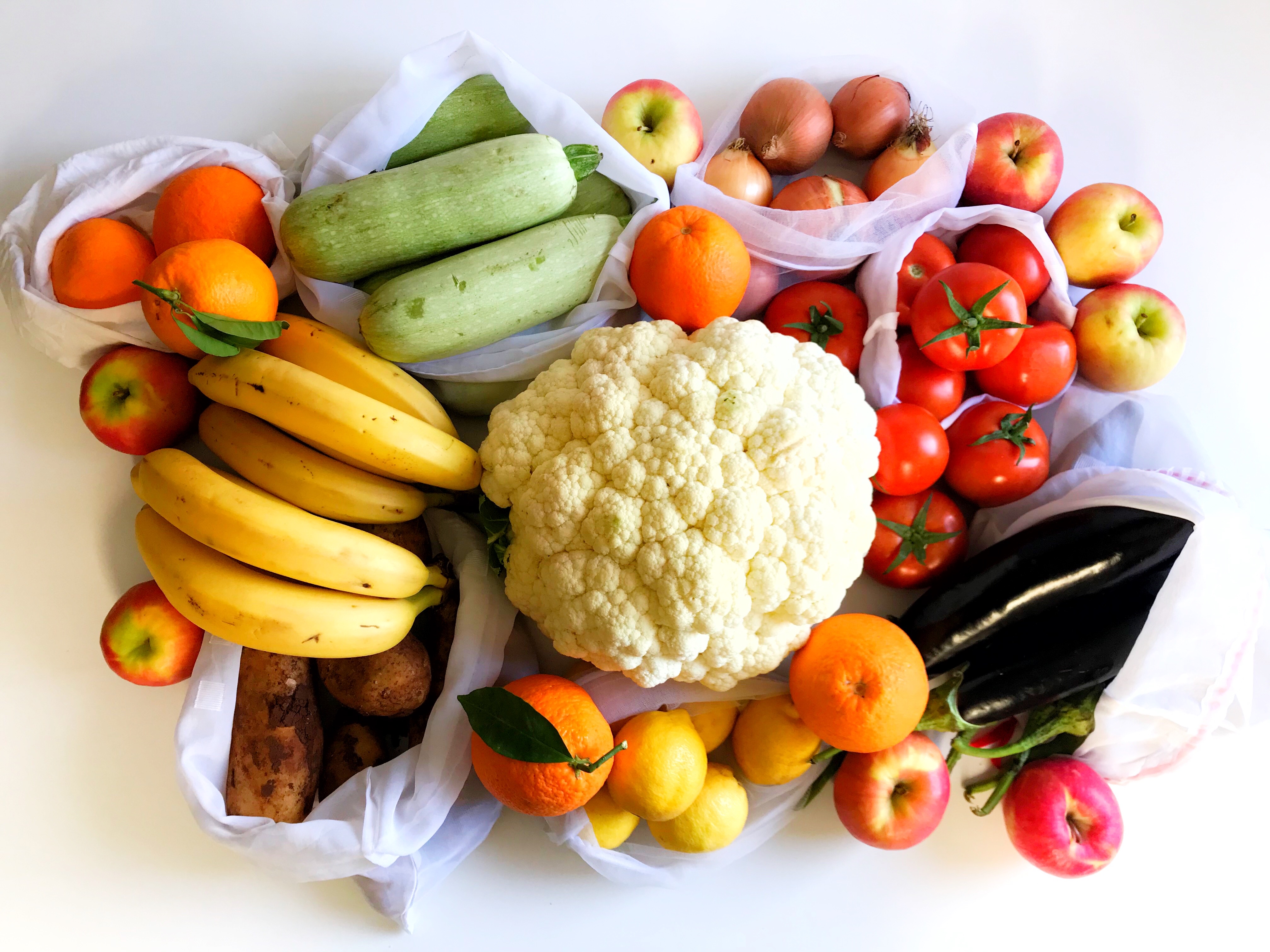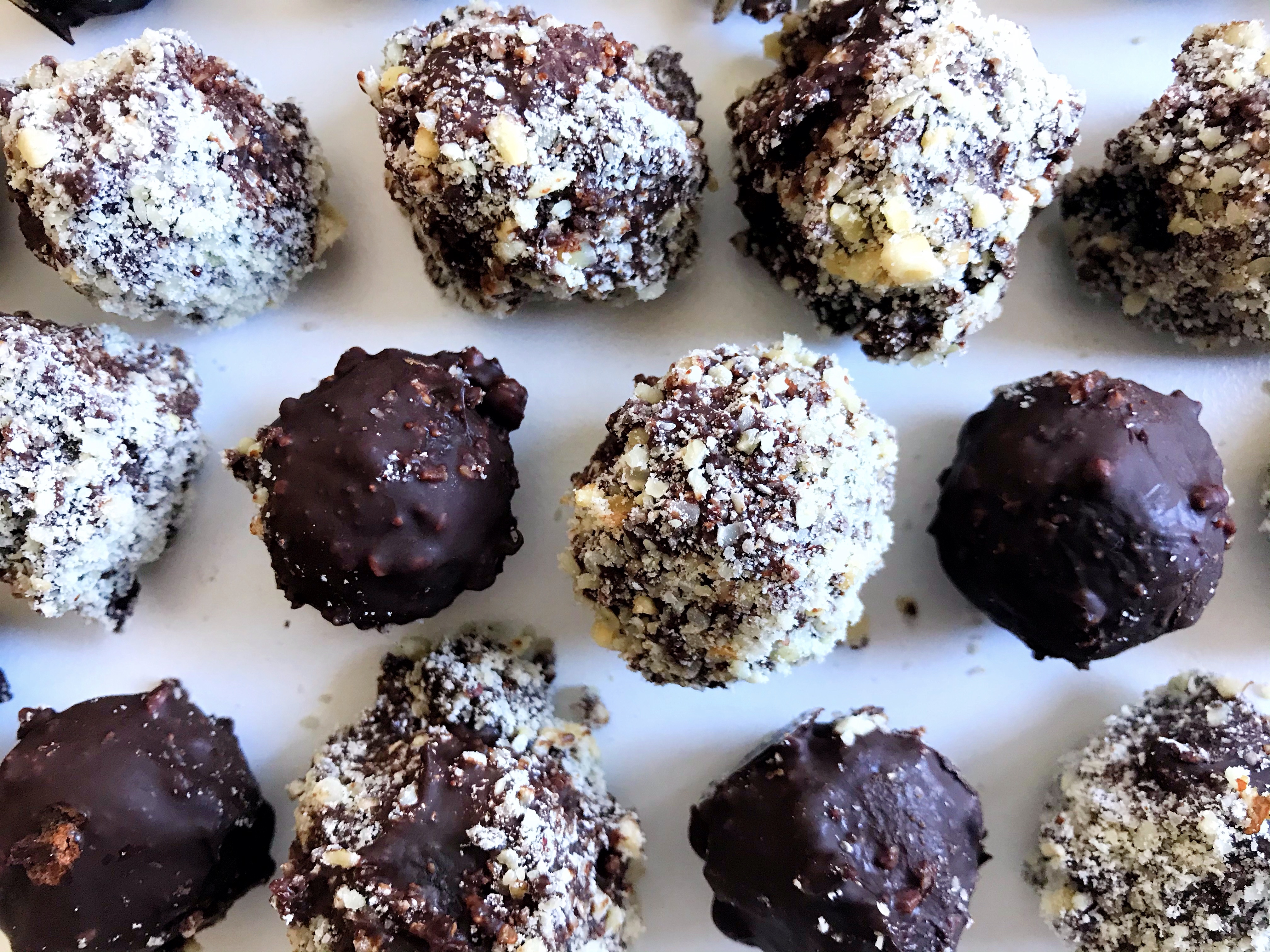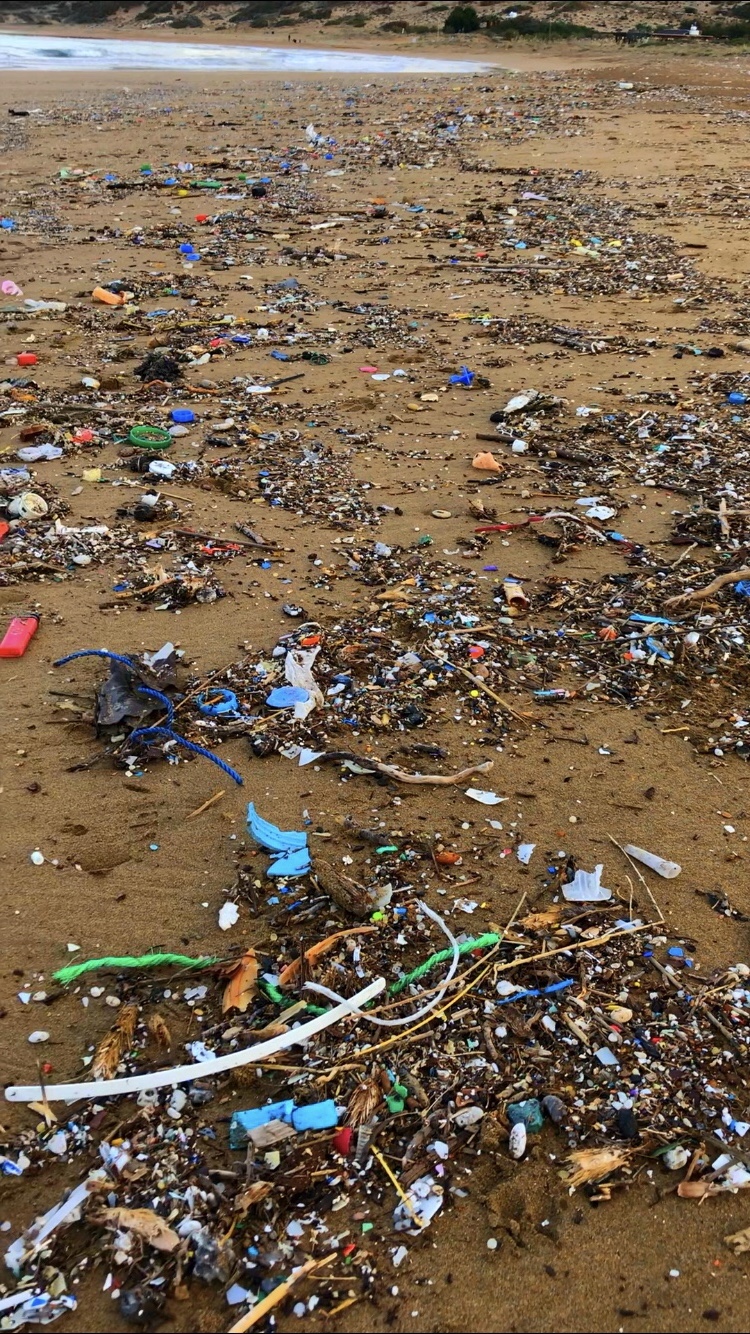What is Plastic and Microplastic
YOUR INDIVIDUAL DAILY ACTIONS HAVE A HUGE IMPACT. WHAT YOU DO MATTERS.
Plastic has saturated our environment, it has invaded the animals we eat and now it's finding its way into our bodies.
What is plastic?
Plastic is made from polymers - long repeating chains of molecule groups. Breaking down the crude oil into its components and rearranging them, we can form new synthetic polymers. Synthetic polymers have extraordinary traits. They are light weight, durable and can be moulded into almost any shape. Plastic can be easily mass produced and it's raw materials are available in vast amounts and incredibly cheaply.
Bakelite - for mechanical parts
PVC - for plumbing, electric gears, cases
Acrylic - for glass
Nylon - for stockings, war equipment
Today almost everything is at least partly made from plastic - our clothes, phones, computers, furniture, appliances, houses and cars.
Since synthetic polymers are so durable plastic takes between 500 to 1000 years to break down.
40% of plastics are used for packaging.
Since it's invention we have produced about 8.3 billion metric tons (from year 1907 - 2016) and 335 million tons in 2016 alone.
More than 6.3 billion metric tons of plastic have become waste since 1907. Piled up in one place it makes a cube 6.9 km3.
So what do we do with all this waste?
9% was recycled
12% burnt
79% of it is still sticking around
A lot ends up in the ocean, around 8 million tons a year.
That's so much plastic that it will outweigh all the fish in the ocean by 2050.
Because it is everywhere, marine animals keep getting trapped in plastic and swallowing it.
In 2015 already 90% of sea birds had eaten plastic.
Many animals starve with stomach full of indigestible trash.
In 2018 dead whale washed up in Spain, he had eaten 32kg of plastic bags, nets and a drum.
There is even more wide spread invisible form of plastic.
Microplastics
Are pieces smaller than 5mm.
Some of them are used in cosmetics or toothpaste but most result from floating waste that is constantly exposed to UV radiation and crumbles into smaller and smaller pieces.
51 trillion microplastics float in the ocean where they are even more easily swallowed by all kinds of marine life.
This raised concerns among scientists especially about health risk from the chemicals that are added to the plastic.
BPA for example makes plastic bottles transparent but there is also evidence that it interfieres with our hormonal system.
DEHP makes plastic more flexible but may cause cancer.
It would be pretty bad if microplastics are toxic because they travel up to food chain.
Zooplankton eat microplastics, small fish eats zooplankton so do oysters, crabs and predatory fish and they all land on our plates.
Microplastics have been found in honey, sea salt, beer, tap water and in household dust around us.
8 out of 10 babies and nearly all adults have measurable amounts of phthalates a common plastic additive in their bodies and 93% of people have BPA in their urine.
There is a little science about this so far and right now is inconclusive. We need a lot more research before panic is justified.
But it is safe to say that a lot of stuff happened we didn't plan for and we have lost control over plastic to a certain extend which is kind of scary.
But just to make sure we should simply ban plastics, right?
Unfortunately it is a bit more complicated than that.
Plastic pollution is not the only environmental challenge we face. Some of the substitutes we have used for plastic have a higher environmental impact in other ways. For example according to a recent study by the Danish government making a single use plastic bag requires so little energy and produces far lower carbon dioxide emissions compare to a reusable cotton bag that you need to use your cotton bag 7100 times before it would have a lower impact on the environment than the plastic bag. We are left with a complex process of trade offs.
Everything has an impact somehow and it's hard to find the right balance between them.
Plastic also helps to solve problems we don't have very good answers for at the moment.
Globally 1/3 of all food that is produced is never eaten and it ends up rotting away on landfills where it produces methane. And the best way of preventing food from spoiling and avoiding unnecessary waste is still plastic packaging.
It is also important to know where the vast majority of the world's plastic pollution is coming from right now.
90% of all plastic waste entering ocean through rivers comes from just 10 rivers in Asia and Africa.
China alone trashes 1.5 million tons of plastic into the ocean each year. Countries like China, India, Algeria or Indonesia industrialised as an impressive pace in the last few decades transforming the lives of billions of people. This development was so fast that the garbage disposal infrastructure couldn't keep up with collecting and recycling all the new waste this brought.
If politicians in Europe and U.S want to address this issue, investing in infrastructure in developing countries is just as important as fighting plastic pollution at home with campaigns and redesigning products to minimise unnecessary plastic production.
The bottom line is as long as we don't address plastic pollution from a global perspective we will not solve this.
Plastic pollution is a complicated problem.
We found a magic material and we had a really good time with it but we need to be careful because we will end up in the world we didn't wish for.
(the text is taken from a video in collaboration with UN environment and their clean seas campaign Cleanseas.org @unep)
THINGS YOU CAN DO IMMEDIATELY
USE & REUSE WHAT YOU HAVE ALREADY AT HOME (instead of buying new things)
DON’T BUY WHAT YOU DON’T NEED (if you need to buy something support circular economy - buy second hand or if this is not an option for you, supra ethical brands.
REDUCE OR ELIMINATE USING SINGLE USE PLASTIC (plastic bags, bottles, cups, straws, cutlery)
REDUCE OR ELIMINATE ANIMAL PRODUCTS (any meat, fish, seafood, eggs, milk, dairy)
Love 💕Inkka
My programme ULTIMATE WHOLE FOOD PLANT BASED LIFESTYLE IS FOR YOU if you want to:
➺ make a positive difference for our beautiful planet
➺ be & feel healthier than ever before and full of energy
Ultimate whole food plant based programme
You might also like
Articles - Zero waste lifestyle
Articles - Whole food plant based lifestyle

